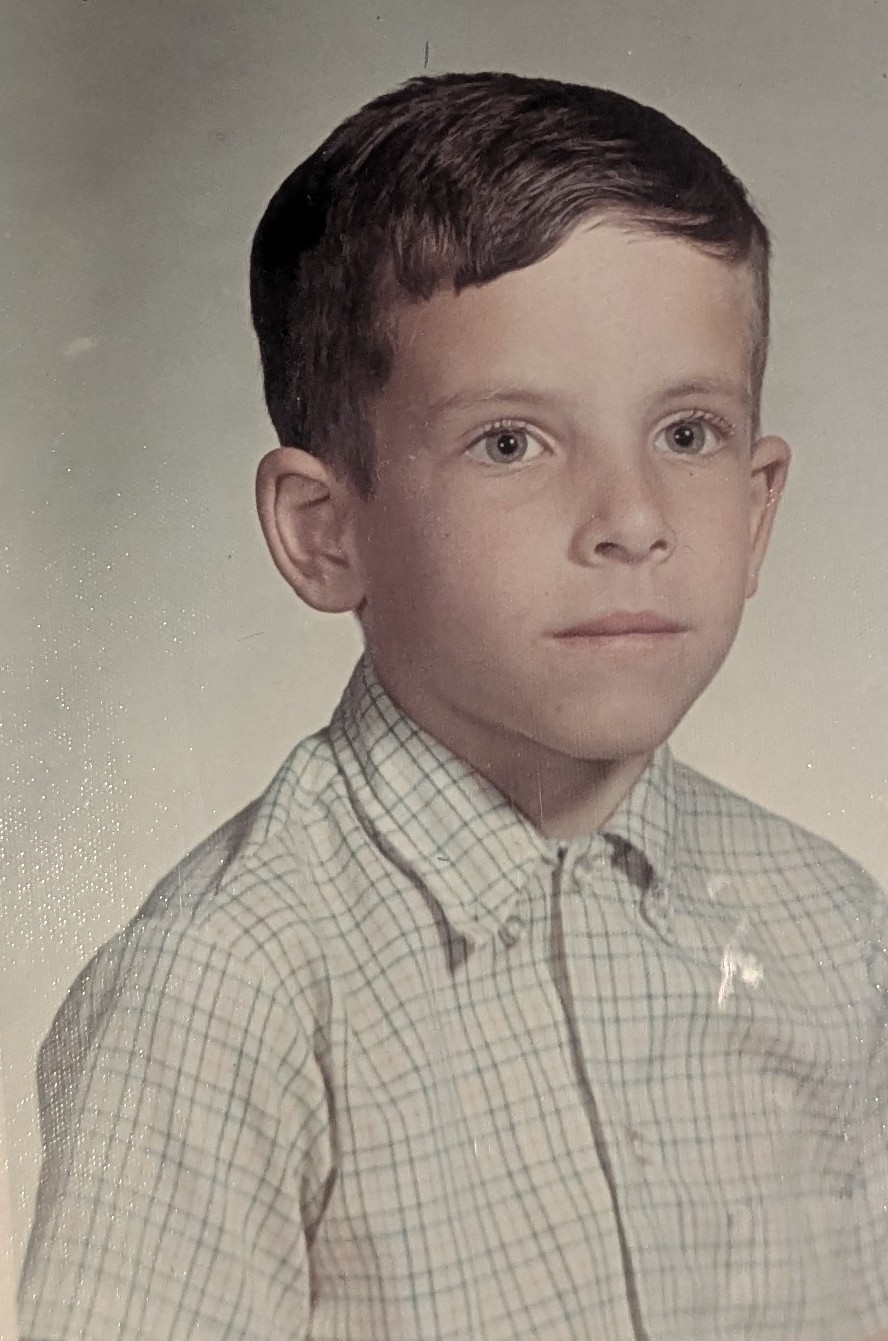Except at my grocery store, those batteries were locked up like crown jewels. Or R. Kelly. To get batteries, I needed to get help. A sign said so – I needed someone from the store to open the battery case as they sat there, taunting me from behind the clear plastic like the most valuable cylinders in history.
I looked around. Even if I found someone, they'd probably take a few minutes. After they opened the case, I'd have to point to what I wanted, like I was getting a diamond ring. Or a donut.
I just wanted some batteries so I decided I'd buy them at another store, where I could grab them off the diplay case and take them to the cash register.
The same thing happened when I needed laundry soap. Again, it was locked up, in case someone wanted to steal a $10 or $15 container of laundry soap. It seemed ridiculous.
Actually, it is ridiculous because it's probably unneccessary.
As reported in a recent news article by Bloomberg News, the "average shrink" – the retail term that describes how much inventory is lost for any reason – has been about 1.5% for years. Average shrink also describes things damaged or lost in transit or returned or mistakes made by checkers. That rate was about 1.5% 10 years ago. It was still about 1.5% a few years ago when there was a flood of stories about the insane amount of shoplifting in the post-pandemic months. Remember that?
It was 1.5% then.
It's 1.5% now.
Which means there wasn't an insane amount of shoplifting in 2021. Instead, there was high-profile shoplifting and scared social media jabber about it. This caused a reaction by many stores, which began locking up things. Like batteries. And laundry soap. And underwear. And deodorant. And toothbrushes.
Unsurprisingly, there were unintended consequences.
The first is that the things that get locked up see a drop in sales. If we have to ask a clerk to unlock deodorant or batteries or underwear or toothpaste, we often go elsewhere. It's a hassle; we can get the product at another store or order it on Amazon.
The lock-up-everything strategy also damages the store brand. I think less of a store that makes me work harder to get something basic. It also makes me wonder if it's safe. If customers steal laundry soap or deodorant, what kind of monsters are my fellow shoppers? Is that grandmother shuffling behind the shopping cart really an insane woman who will steal a toothbrush?
Yet another unintended consequence is that people interested in stealing large amounts of products simply began stealing them while in transit. Rather than stealing from a store (again, just 1.5% general average shrink), they steal it from a truck hauling it around. One report said such theft was up nearly 50% in the first quarter of 2024 after a 10% increase in the fourth quarter of 2023.
That's the real mass looting. But it comes when criminals steal boxes of underwear off trucks that are parked at a restaurant while the driver gets a burger and fries.
When stores decide that theft is out of control (which may be true in some stores. But not widely true), management often locks up merchandise. Their customers then think the store is dangerous, they choose to buy elsewhere and the odds increase that some organized group will just steal the merchandise off a truck before it gets to the store.
The real average shrink is the frequency with which we'll buy locked-up, low-price items at our stores.
Reach Brad Stanhope at bradstanhope@outlook.com.



